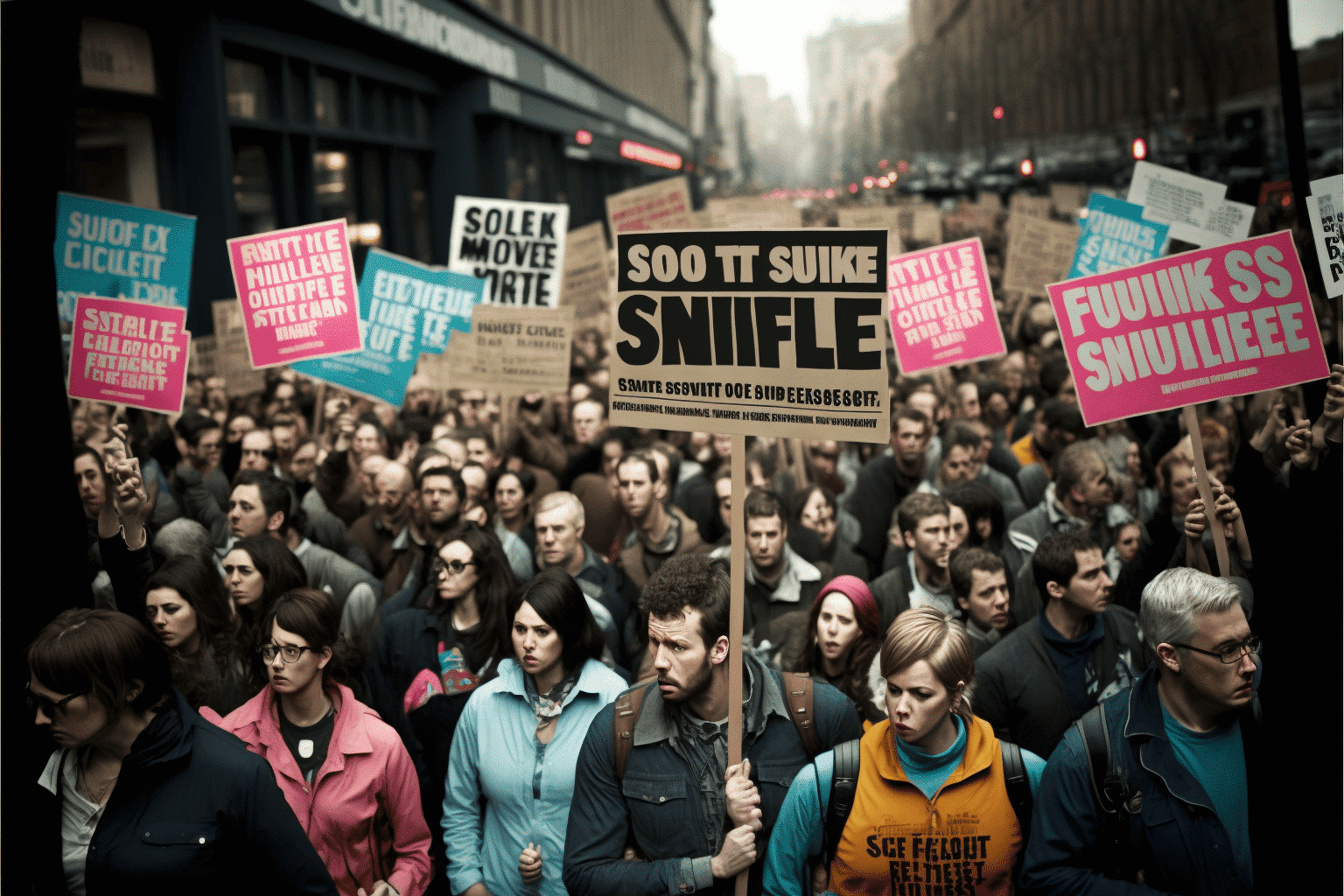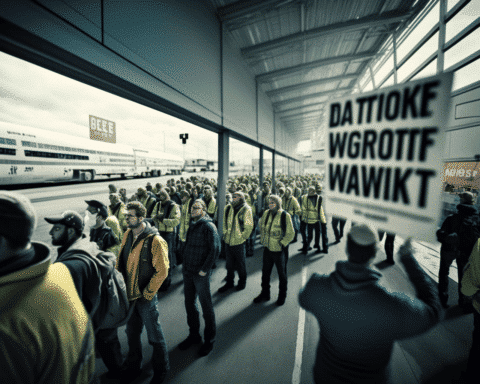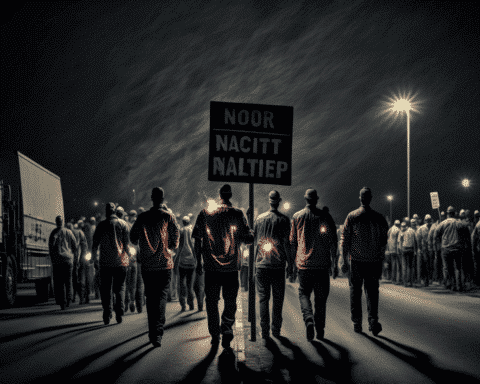On Wednesday, the UK witnessed its most significant industrial strike in more than a decade, resulting in thousands of schools closing, train services being paralyzed, and delays at airports. It is expected that half a million workers have gone on strike throughout the country, including teachers, university staff, civil servants, border officials, and train drivers. The simultaneous strikes across multiple industries marked an escalation of the unions’ protest actions, which have disrupted the daily routines of Britons for months.
Public sector workers have faced financial difficulties as a result of soaring inflation across the UK, despite some pay increases, such as a 5% offer by the government to teachers. The surge in living costs that began the previous year exacerbated the wage decline among teachers, health workers, and others.
In response to the nationwide strike, the British Museum was closed, and other institutions, such as London bus drivers, coast guard personnel, and airport passport officers, also went on strike. More than 1 million public sector workers held a one-day strike over pensions in 2011, the previous time the country witnessed mass walkouts on this scale. With more walkouts, including by nurses and ambulance workers, planned in the coming days and weeks, the bitter conflict between unions and the government over pay and working conditions is far from over.
The Trades Union Congress (TUC) reported that the average public sector worker in the country is 203 pounds ($250) worse off per month compared to 2010, taking inflation into account. At 10.5%, the UK’s inflation rate is the highest in 40 years, driven by rising food and energy prices.
The National Education Union reported that 23,000 schools would be affected by the strikes, with an estimated 85% fully or partially closed. Union leaders have criticized the government for underfunding education and underpaying educators. In response, Prime Minister Rishi Sunak stated that teacher strikes are “wrong” and claimed that his government has already given teachers the most significant pay raise in 30 years.
The government has argued, however, that public sector pay increases would not be affordable for taxpayers and could result in tax hikes, more borrowing, or reduced spending. The government’s plan to enforce minimum service levels in key sectors, including health and transportation, to curb strike disruptions has also sparked anger among unions. Lawmakers have backed the legislation, and thousands of people protested the proposal in various cities.
TUC General Secretary Paul Nowak warned that industrial unrest would continue until the government presents an acceptable pay offer. “The message to the government is that this is not going to go away. These problems won’t magically disappear,” he said. The nationwide strike will likely majorly impact the country’s economy and daily life.




